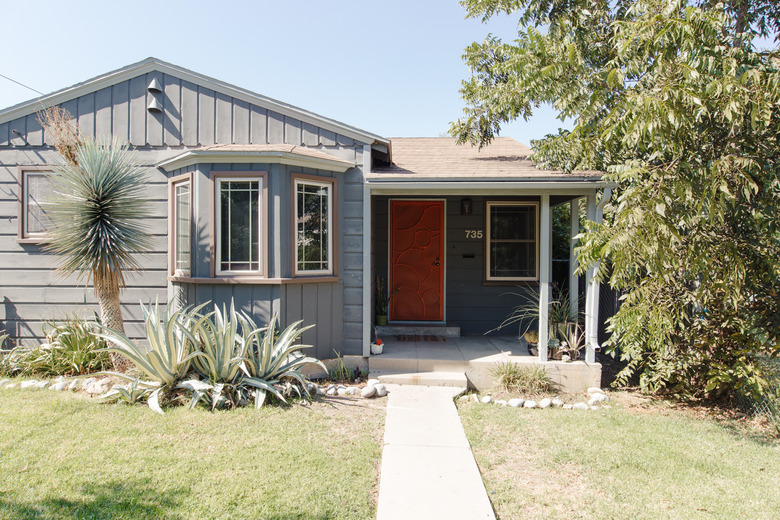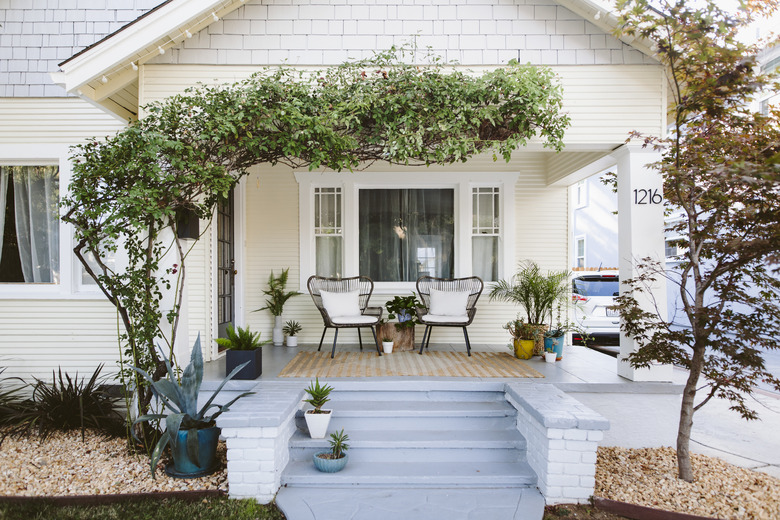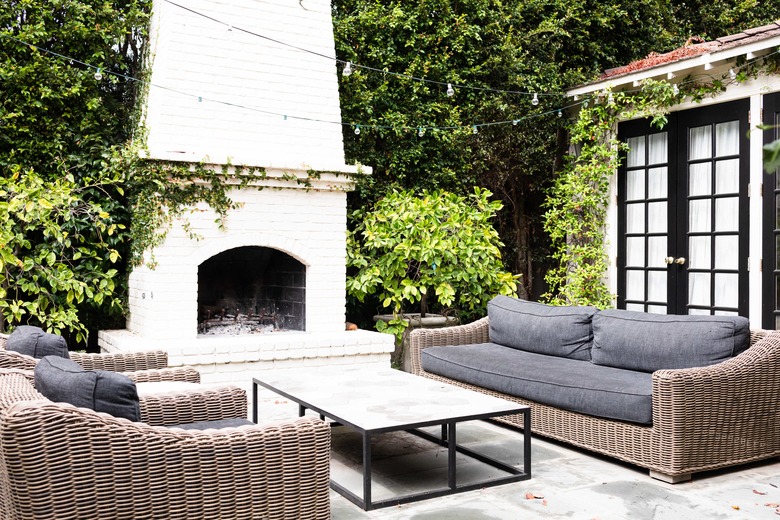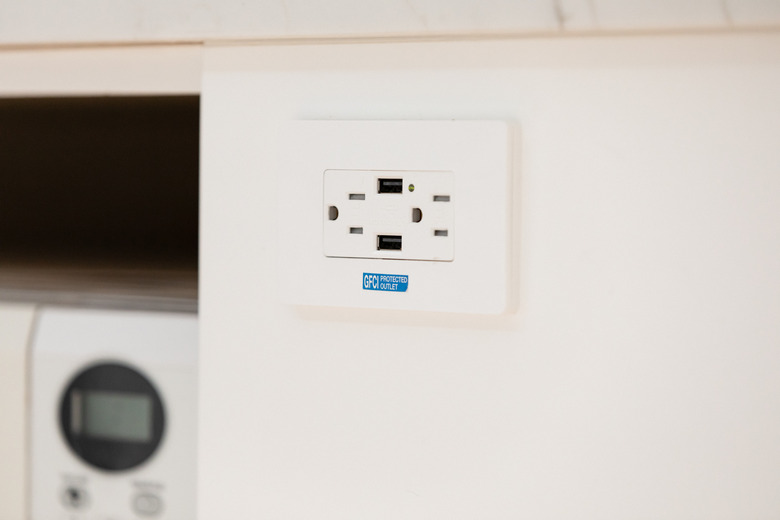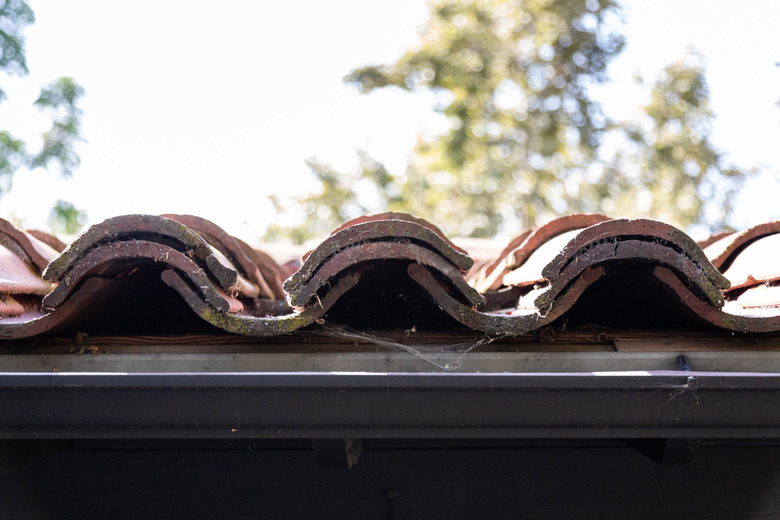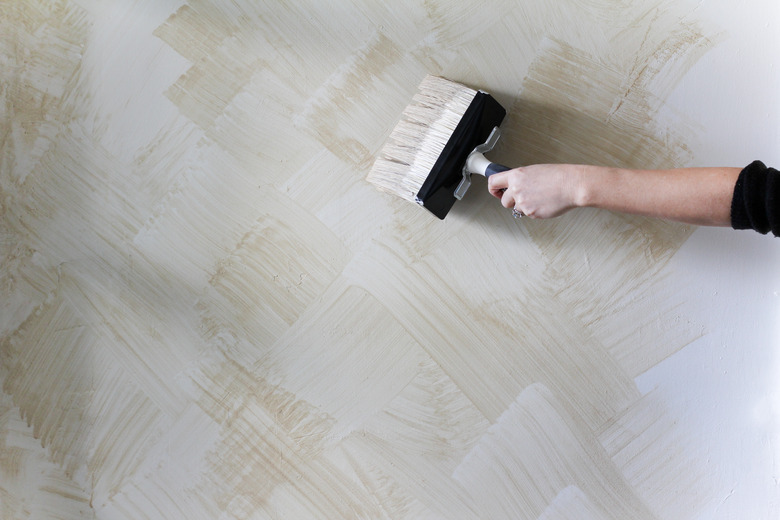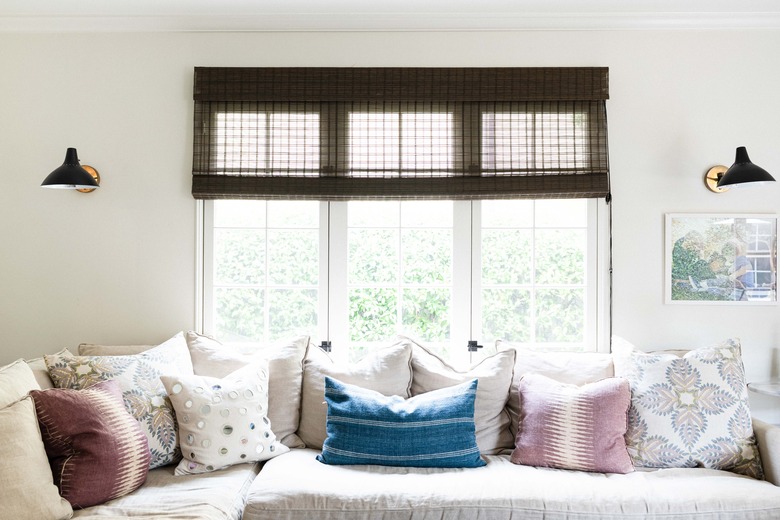How Much Does It ACTUALLY Cost To Buy A Home?
If you're preparing to buy a home, we're pretty sure you have a budget in mind well before you open Zillow. Whatever that number may be, it's probably what you'll put in the upper end of the price filter, right? Turns out that may not be such a smart move.
Buying a home is expensive, but where the real sticker shock comes is not in the list price itself — it's in all the extra costs associated with the purchase, many of which you might not know exist if you're a first-time homebuyer. The list price is just the starting point, so, ultimately, you might want to pull that price range slider back in order to stick to your budget.
Here, we're breaking down the true cost of buying a home, noting many of the extras you'll have to pay for (or haggle over with the seller). Keep in mind that these are just general guidelines — policies and pricing vary greatly per state.
List Price/Selling Price
List Price/Selling Price
The list price is simply what you see on the listing — as a buyer, you'll make an offer based on that list price. If you've ever watched an HGTV show, you'll know that some buyers will offer less money if they think the house is overpriced, while others will actually offer more money because it's a great value, and they want to outbid other buyers.
Say the list price was $110,000, but you offered $100,000, and it was accepted. Great! That's your selling price. But it's not so simple as just forking over a check for $100,000, even if you have that money in the bank.
Down Payment
Down Payment
The down payment is your upfront payment on the house, with your mortgage kicking in to pay the rest. Typically, people spend anywhere from 3.5% to 20% on a down payment, but there's truly no limit. In fact, there's a thing called a cash offer, which is when you actually can pay for the entire house with your savings, i.e., in cash, not loans.
The cash route is the most cost-effective in the long-term, as you won't have to take out a mortgage, and therefore you won't have to pay interest on it. But, realistically, most people don't have enough money to buy a house in cash. The more money you're able to put into a down payment, the better, as you'll get lower interest rates on your mortgage with a higher down payment.
For our example, let's go with the common 20% down payment — for our $100,000 house, that means we'll be putting down $20,000 right off the bat.
Mortgage
Mortgage
When people start imagining their payments, many might start by thinking of them on a monthly basis — probably because it's a lot less scary to confront a monthly interest payment rather than that amount times 12, times however many years you live in that house.
Your mortgage is the loan you take out to pay whatever's left of the selling price after the down payment — you'll typically pay monthly until you've finished paying the entire thing off, or until you sell your house and buy a new one. That monthly payment varies greatly depending on the amount of the loan (the principal), the length of the loan (often 30 years), and the interest rate on the loan (this varies per lender and per situation, but you want to get it as low as possible). Some people might pay $300 a month, while others might pay $20,000 a month — there's really no hard-and-fast rule. If you're curious to know what your monthly payment might be, there are a number of free mortgage calculators online that will help you estimate your payments.
For our $100,000 house, a 30-year mortgage on an $80,000 loan (what we owe beyond our down payment) with a somewhat typical interest rate of 3.92%, the number will come to $136,171, or $378 per month for 30 years. But after you pay the mortgage off, you will have spent $156,171 on the home — a whopping $56,171 over your offer, and that doesn't even include the other fees. There are all sorts of methods of paying your mortgage off to reduce interest, but that's another story.
There are also other costs associated with mortgages, like a loan origination fee (what you pay simply to initiate your loan, usually between half and 1% of your total loan) and private mortgage insurance (PMI). PMIs allow buyers to put a smaller down payment on a home (as little as 3% of the selling price), but you'll end up spending anywhere from half to 1% of the entire loan each year. For our $100,000 house, that would be $1,000 annually.
Closing Costs
Closing Costs
You've probably heard the dreaded phrase "closing costs" while watching a real estate show. Closing costs, which add quite a bit extra to your overall bill, cover quite a range of things, including the following:
- Title Search: An inquiry into the legal ownership history of the home through public records.
- Title Insurance: Protection for both owners and lenders in case anything funky happens with ownership.
- Home Inspection: A report on the overall condition of the home so you'll be aware of any issues with the foundation, plumbing, electrical, etc.
- Appraisal Fees: The cost of having an evaluator appraise the home to find out its value.
- Home Warranty: Protection in case appliances stop working after moving in.
- Brokerage Commission: The real estate agent's fees.
It's important to note closing costs are negotiable and are typically split between buyers and sellers.
"While overall closing costs can reflect a wide variety of variables, buyers shoulder the lion's share of the load — 3% to 4% of the home's price, according to Realtor.com," retired Doane University management and human resources professor Timothy Wiedman tells Hunker. "On an FHA mortgage loan, closing costs will typically be quite a bit lower, but buyers should still budget to pay 2% of the home's selling price."
(Editor's note: An FHA mortgage loan is one by a Federal Housing Authority–approved lender typically reserved for low- or middle-income earners that allows them to pay as low as a 3.5% down payment.)
Again, in our $100,000 house scenario, closing costs would typically be $3,000 to $4,000.
Home Inspection
Home Inspection
Yes, we did say a home inspection could be covered in closing costs, but not all home inspections are included. Specifically, most home inspections don't include an inspection for pests, mold, or pools and hot tubs. Each of these can run a few hundred dollars — if you have a pool and plan to test for pests and mold, expect to spend an additional $700 to $1,000 or more, depending on where you live.
Property Tax
Property Tax
When you're a renter, you don't have to pay property tax, since you don't own your property! But homeowners do have to pay it, and it can range greatly depending on where you live. It's also not a static number, and it can and will change over time.
"Property taxes will increase almost every year. To find out the home's tax history, look it up on Zillow and scroll down to 'Tax History,'" Shawn Breyer, owner of Atlanta House Buyers, tells Hunker. "This section may not provide you with exact numbers, but it will give you the annual percentage change. You can estimate how much it will increase every year from this information."
Given the vast range of property tax rates across the country, and the variance of the size of your specific property, we can't really give you a concrete number, but according to Business Insider, in 2019, a typical homeowner in Alabama will pay $560 a year, while a typical homeowner in New Jersey will pay $7,800.
Property Insurance
Property Insurance
You've probably gathered that houses are expensive, so it's essential that you get property insurance to protect your home.
"Folks who formerly lived in an apartment may be surprised to find that the average annual cost of homeowners insurance nationwide is currently $1,228, but it's nearly three times that amount in Florida," Wiedman says. "Further, buyers should always ask their insurance agent about whether they need supplemental flood insurance in their new location. Federal flood insurance nationwide averages about $700 per year but in several states, the average is nearly twice that amount."
There are also other extra insurance plans that aren't typically covered in regular homeowner's insurance, like windstorm damage (common in hurricane-prone states).
Home Maintenance
Home Maintenance
Homes aren't built to last forever, so you'll need to invest in upgrading your property when things like your roof, appliances, septic tank, and driveway are getting old.
"Everything your landlord takes care of when you're a renter is now your responsibility. Broken refrigerator, leaky roof, no hot water — that's all coming out of your pocket," James McGrath, real estate broker and founder of Yoreevo, tells Hunker. "What makes this particularly difficult for buyers is they are lumpy expenses. Your refrigerator isn't going to break every month. What I recommend buyers do is put aside a certain amount of money every month, regardless of what happens with their house."
There's really no hard-and-fast rule for how much you should be putting away, but keep in mind that typically, roofs cost a minimum of $5,000 (and often skyrocket much higher), and HVAC systems cost a minimum of $4,000. They usually need to be replaced every 25 years and 15 years, respectively.
HOA Fees
HOA Fees
Depending on what type of house you buy, you might be on the hook for extra fees that go to your homeowners association, condo, or co-op board to cover the maintenance of different amenities — say a pool in your complex, or the elevators in your condo building. These numbers vary greatly across the country and also depend upon the size of your house. But according to Realtor.com, average HOA fees range from $200 to $300 per month nationwide and can easily reach thousands of dollars if you're in a luxury community.
Renovations/Upgrades
Renovations/Upgrades
Finally, is anyone ever perfectly satisfied with the home they buy in terms of finishes and decor? Absolutely not. You'll likely end up painting walls, changing out hardware on your cabinets, and installing new lighting — at the very least. These small renovations add more dollar signs to the total of buying your house, so don't forget to add some extra padding to your budget.
The Bottom Line
The Bottom Line
There is an extraordinary range of added home costs, depending on geographical region, what type of house you're buying (i.e., a house, condo, or co-op), whether you're buying in cash or taking out a mortgage, and how long you plan to live in the house before you sell it (a house's value should rise over time, allowing you to recoup some if not all of your costs), among many other things.
At the end of the day, you'll be spending quite a bit over the list price of the home when all is said and done — in our $100,000 house scenario, a mortgage alone resulted in us paying some $50,000 more than the selling price, bringing the total price up to around $150,000.
Of course, not all of your payments will be lump-sum, and you'll have to shill out your hard earned cash over the years you live in your house. That said, a home is an investment, and the money you spend towards it becomes part of your equity — ultimately, it's all worthwhile. Just be sure you tap into the help of experts to make sure you're being as cost-effective as possible.
